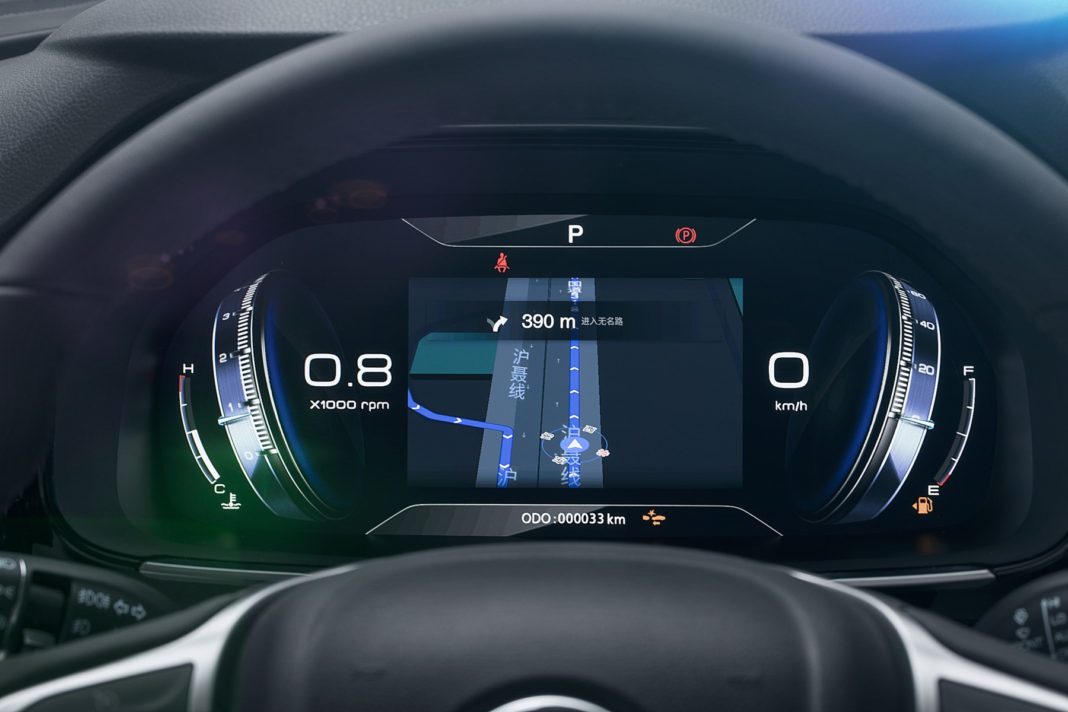Automotive industry is one of the steady growing sectors of the economy globally: this is attributed to the fact that many people have their lifestyles changed, due to the nature of activities they engaged in, speed, safety and comfort associated with vehicles. Among the factors that influence their ownership include purchasing and maintenance cost, notwithstanding availability and reliability of such products and their parts.
Operation Cost
This industry requires a huge investment in form of machinery and equipment, labour and utilities, so, to remain viable and effective, the industry players need to prioritise research and development with the best industry expertise and an in-depth understanding of lean management practises to lower the final product cost. This can be made possible through proper assessment and management of future uncertainties, which may create purchasing postponement by customers, hence increase cost due to fixed costs, for example, leasing expenses.
Production Capacity
Many firms still struggle to build enough capacity to handle the expensive automotive production industry, and this can mostly be solved through merger or the issue of IPOs. Joining Nikola, Hyliion and Fisker to becoming the next Tesla stock is Karma Automotive: an electric car company; set to go public through a special acquisition company (SPAC) deal. Or through an IPO in the U.S or Beijing in the next six months, according to Elley- Karma’s chief of staff
However, Karma plans to increase its production 10 times, with the delivery van as its next brand among its electric vehicle platform to manufactures. This will increase its capacity from Last year’s 550 Revero GT, which starts around $135,000.
Environment &Technology
However, the cost of maintaining electric cars looks much cheaper to customers, while at the same time, there a growing global concern of a greener energy which has continually encouraged the growth of such electric vehicles, with some countries setting huge goals on environment-friendly emissions technology.
This can be attested to the latest development where Blackberry partners with the new electric vehicle company Canoo, so that they can use Blackberry’s QNX operating system on their fleet of semiautonomous electric vehicles to be launched by 2021.
Canoo, a firm based in California is building electric vehicles to provide membership based rental programme with flat-rate service bundle charges. In this case, their partnership involves Black berry’s authenticating of its QNX and QNX OS for use as their technology and safety 2.0 respectively and to form the basis of Canoo automated driver assistance system (ADAS).
Karma Automotive is another company is expected come out with IPO. Nikola was listed on June 4 post merger with VectoIQ. Merging with Spartan Energy, Fisker will also soon debut the markets. Tortoise Acquisition (SHLL) and Hyliion will merge and trade under the name of HYLN. Li Auto (LI) another Chinese electric-car maker will debut soon.
